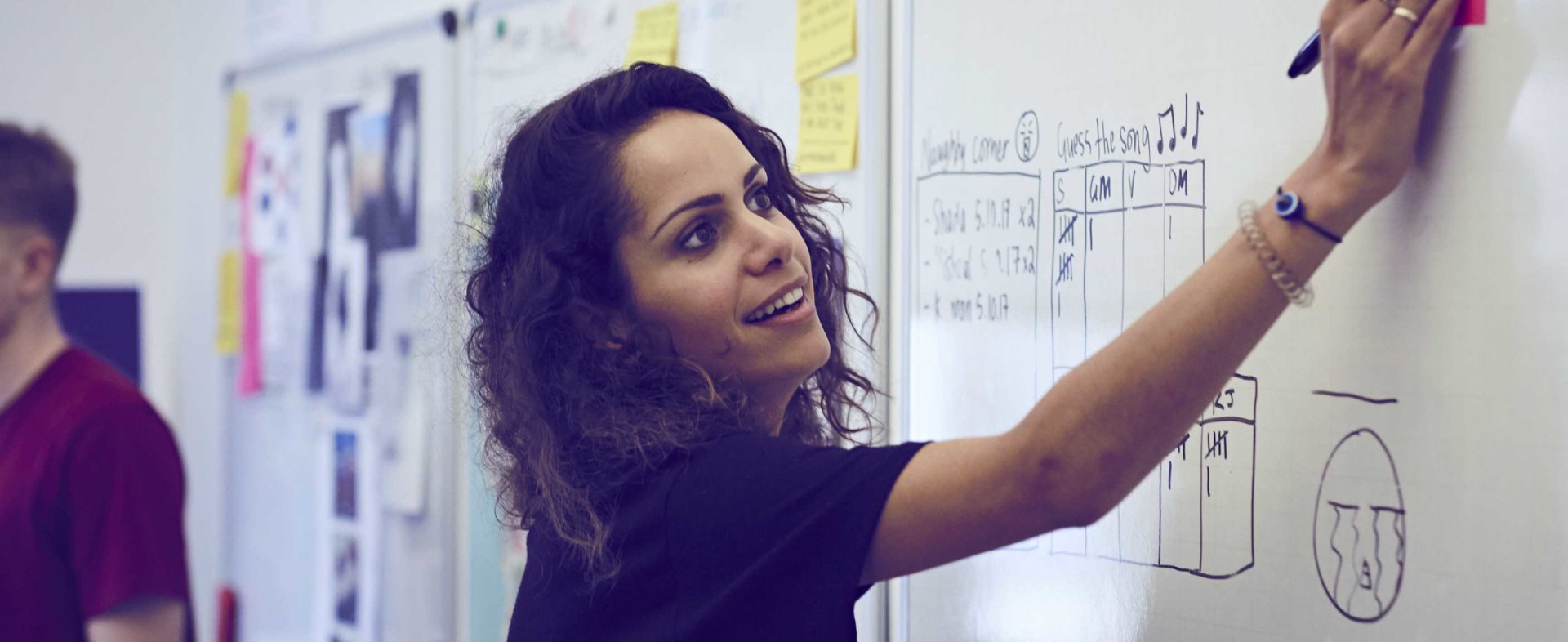In a year when there is going to be lots more talk about artificial intelligence and the future of work, I wanted to look at and make the case for those qualities that make us human, and to ask how we can accelerate, or perhaps more accurately: revert to, “being human” to keep pace with technical and digital acceleration and how, as communicators, we can accelerate engagement too.
Why? Because, if we believe that automation and artificial intelligence can make work and life better, then this is surely the time to re-appraise the value and contribution of purely human qualities. We can’t be machines, because machines are better at that. So, we need to amplify those human qualities that machines can’t replicate.
Below are the five unique human attributes that I believe matter and need focus. There is plenty of research from fields as diverse as neuroscience and Artificial Intelligence that will offer a more academic response, but as a specialist in engagement and communication, this is my take.
These are the human attributes that I believe organisations need to be focused on, to complement and, crucially, enhance the technological advances being made.
Reflection
We are increasingly working reactively, without time or encouragement for reflection. We are so time-poor that work often feels like tennis: “incoming! Back over the net, ready for the next ball!” It may feel like we are getting things done, it may get a couple of things off the to-do list, but does it advance our cause? Does it make a meaningful difference? I believe we miss something, and without reflection, I don’t believe that we can add to what machines can do. There are some big common challenges being addressed by companies today, including how to engage employees with a new strategy to ensure it becomes reality and how to increase innovation and collaboration: it is this type of challenge that will benefit from having the opportunity for reflection as a core part of it. With reflection comes clarity and ownership- two important elements of engagement and fulfilment.
Storytelling
Telling stories is one of the great peculiarities and wonders of being human. Yes, it’s about communication and sharing knowledge, which other animals and machines can do, but it’s also about entertainment, proximity and emotion, which feel uniquely human.
Jargon, formality or conversely, ‘cute speak’ has taken us so far from the art of campfire storytelling, that we’re having to teach people how to sound like themselves!
This inexplicable inability to “speak human” is compounded by a struggle to find and tell those stories in the first place. If getting a good story out of an employee, or telling a good story, takes a guide and policy, then the point has been missed. What people need is permission, encouragement, example and leadership.
Imagination and creativity
There still seems to be a monopoly on creativity within businesses and the reduction in arts-based activities and exploration that can stimulate imagination and emotion only makes it worse. Creativity cannot be the preserve of the few. Machines can do and learn, but imagination is ours to make the most of. We all want our children to learn to code- jobs of the future!- but if we don’t also value creativity and imagination, we’ll stop enhancing humanity pretty quickly.
The greatest divide between external marketing and internal communication has long been creativity: consumers can have emotion, beauty, wit, entertainment. Employees can get finger-wagging overly formal communications on long-dead channels. That’s been changing for a while now but more needs to be done: workplaces need to be stimulating, involving, inspiring in order to foster innovation and create experiences that employees and customers want to be part of- and that ultimately fuel growth.
Difference
There seems to be a continued cookie-cutter approach to everything from how to who to what. We may all talk ‘diversity’ now, but most of it reads like moving the deckchairs around: the ship seems not to be up for debate. To make the most of the benefits of machines, of automation, of flexibility, we need to re-appraise the entire construct of how we work. Our buildings and work patterns are still much the same as 100 years ago. The fourth industrial revolution is happening within the structures of historic industrial revolutions: that needs to change.
Relationships
Relationships are based on some aspects that machines can replicate- knowing about someone in depth and demonstrating that in what you do and say, maintaining contact, participating in dialogue, listening. But, as we all know, creating and maintaining a relationship has all sorts of irrational, emotional aspects that are distinctly human. We should leave the robots to do the automatable elements of relationship building- new world CRM?- and as humans we should focus on the intangible elements and celebrate the fact that those are hard to quantify or decode.

